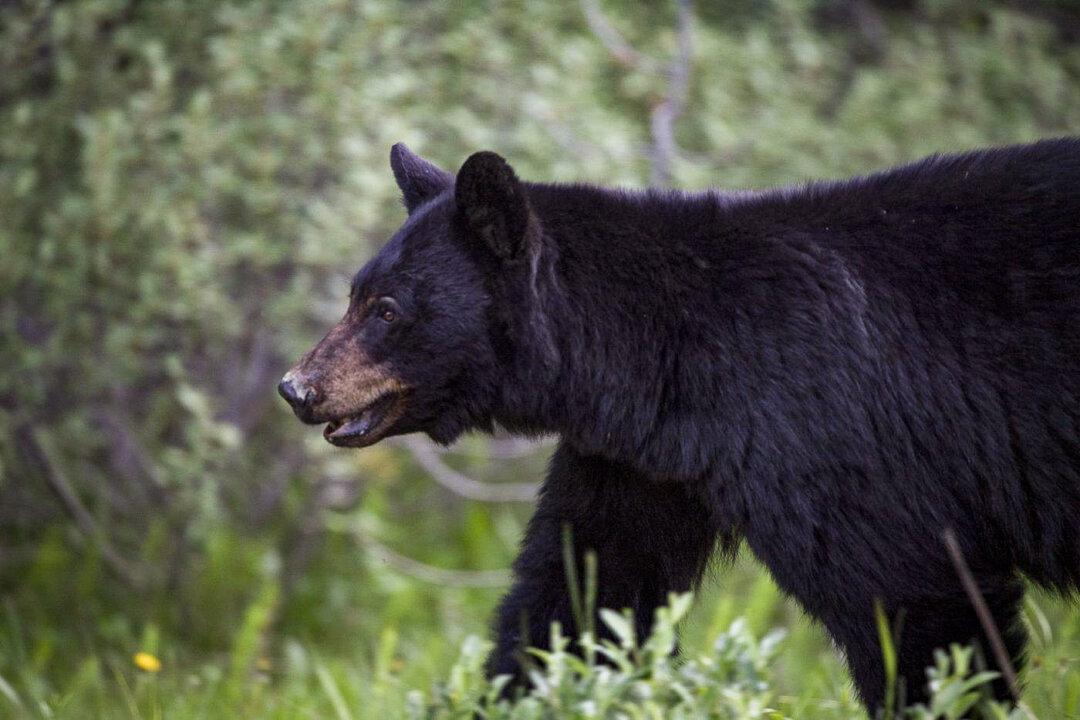Nap time is over for much of Ontario’s black bear population.
Spring-like weather across Ontario means a shorter hibernation period for the province’s 100,000 black bears, causing many of the bruins to forage for food in unexpected areas.

Nap time is over for much of Ontario’s black bear population.
Spring-like weather across Ontario means a shorter hibernation period for the province’s 100,000 black bears, causing many of the bruins to forage for food in unexpected areas.